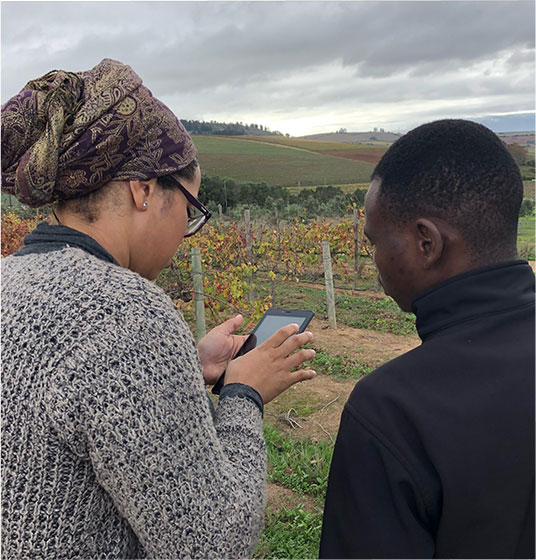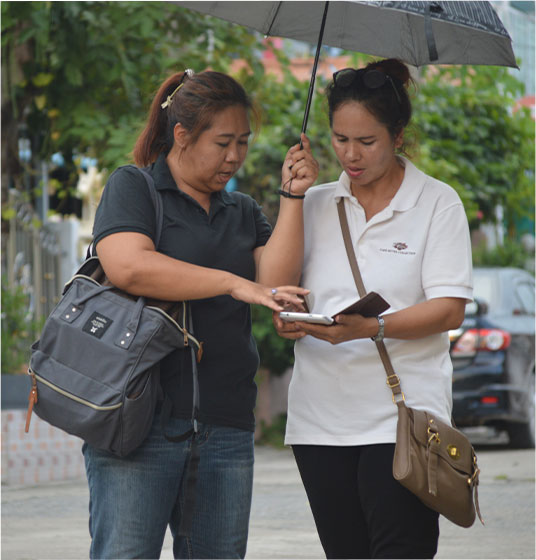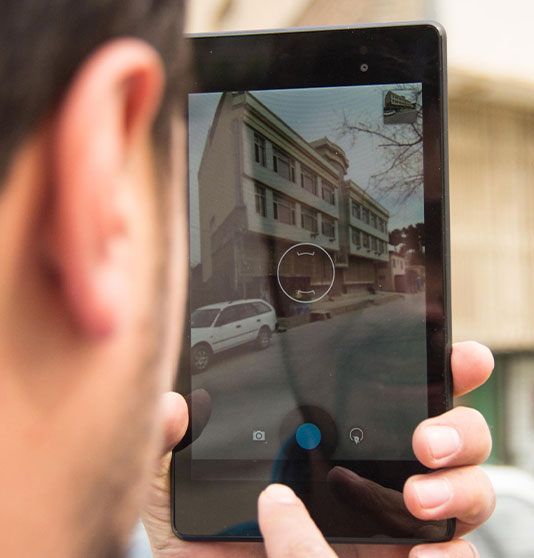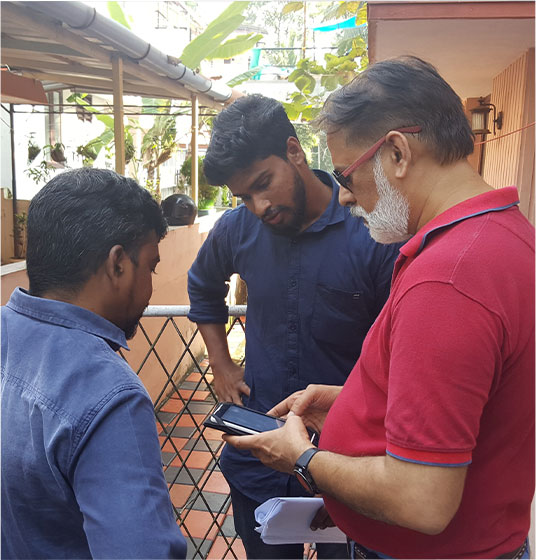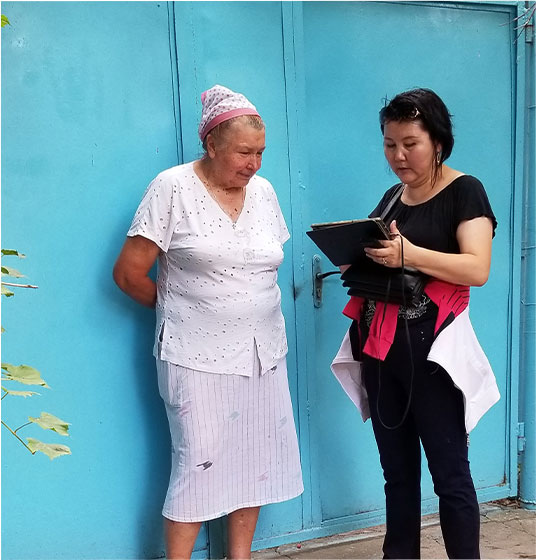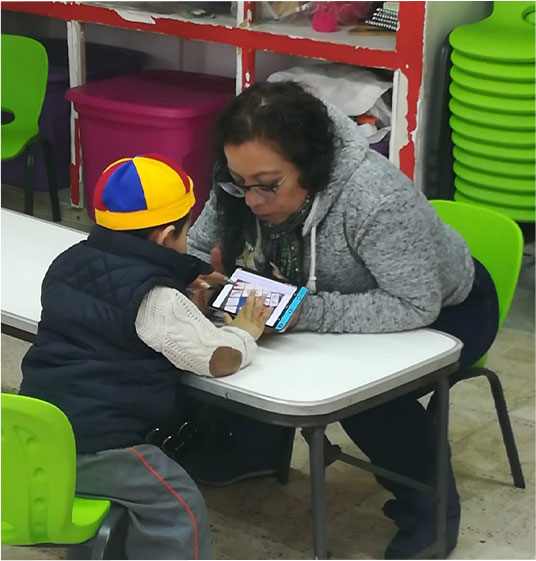Functionalities
We continuously update the RCS application with new functionalities to meet clients' evolving research needs.
With demand-driven new features added regularly, D3’s RCS application connects clients with the most cutting-edge developments in electronic data capture. We are supported by an expert team of programmers who can adjust the software to accommodate new functionalities as needed.
RCS distinguishes itself from other data collection software as a platform designed by survey experts, for survey experts. Each survey is built in RCS from start to finish, leveraging customized features to capture metadata such as time per question, audio recording, and GPS. In collaboration with experienced programmers, new features are continuously developed to meet the evolving technical needs of the survey research community. For example, audio recording, silence monitoring, date-time flags, and GPS parameters, among others.
RCS runs from a cloud server (Microsoft Azure), which ensures the privacy and security of all data collected through RCS. The RCS application has been fine tuned to work offline, encrypting and safeguarding data until mobile connectivity is available. The software is compatible with low-cost Android devices, ranging from simple mobile phones to full featured tablets.
Some of the key features of RCS include:
